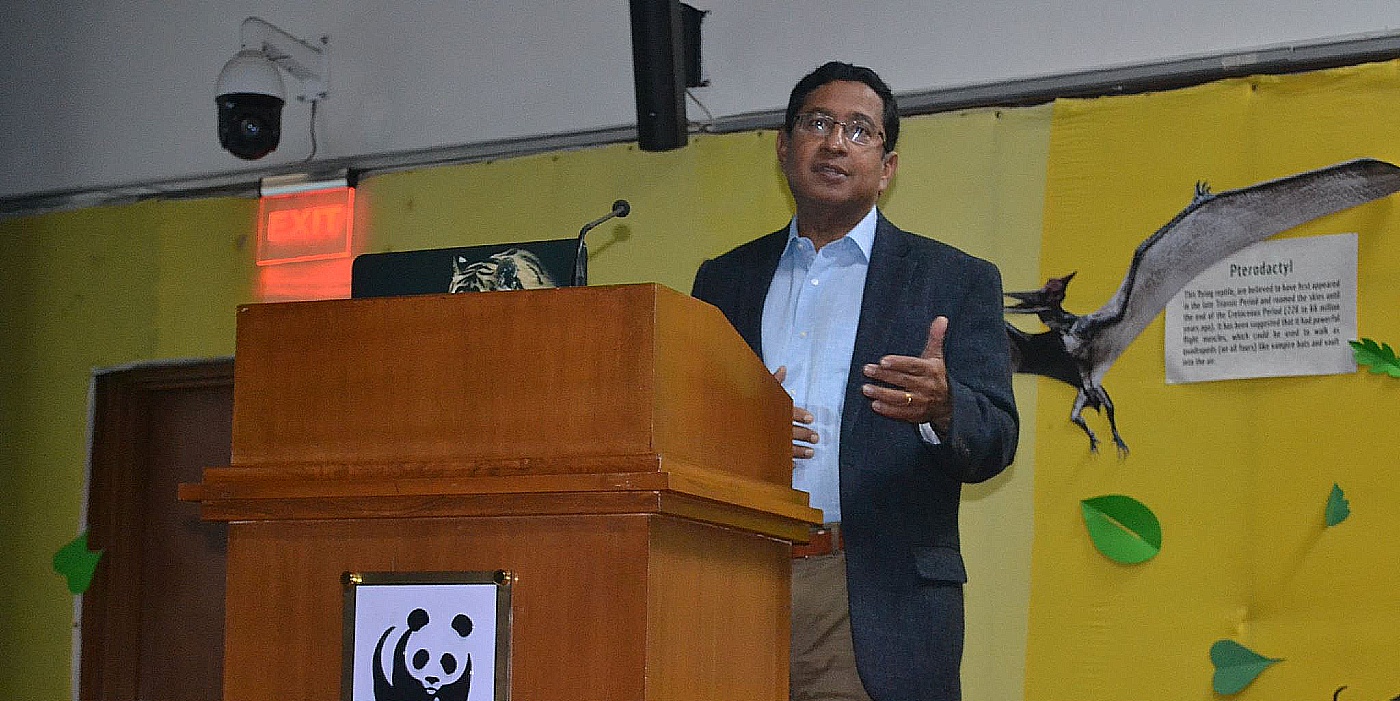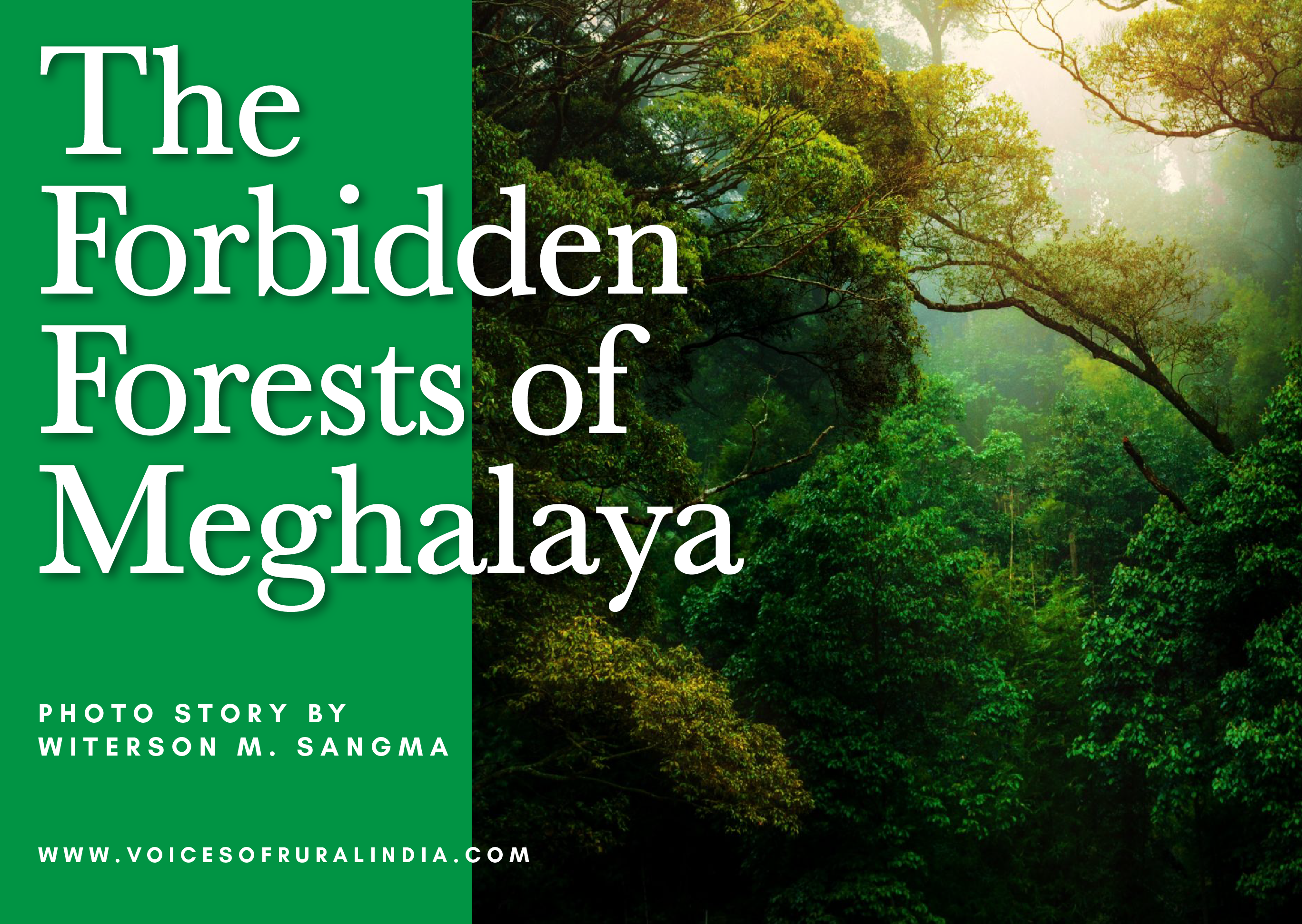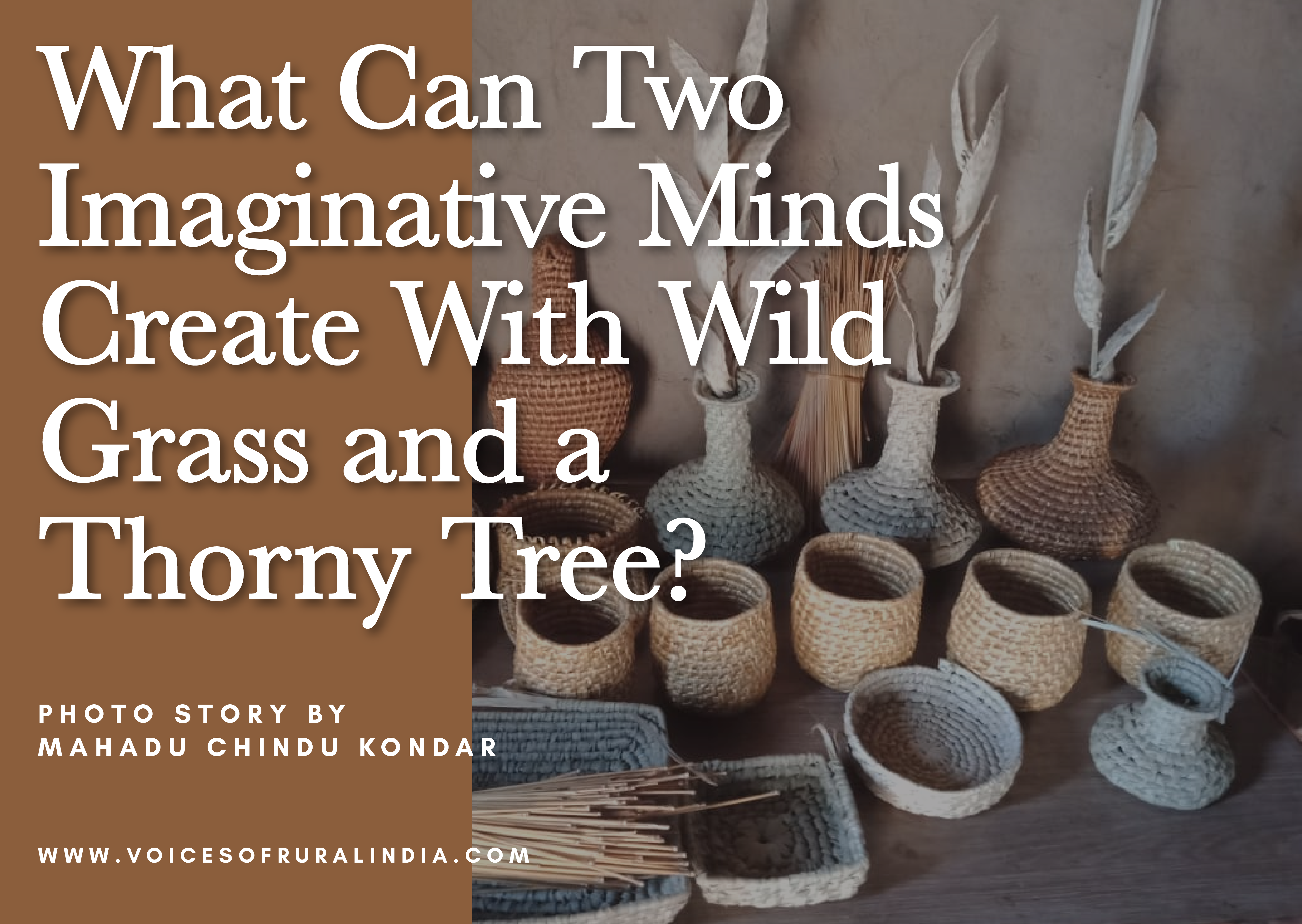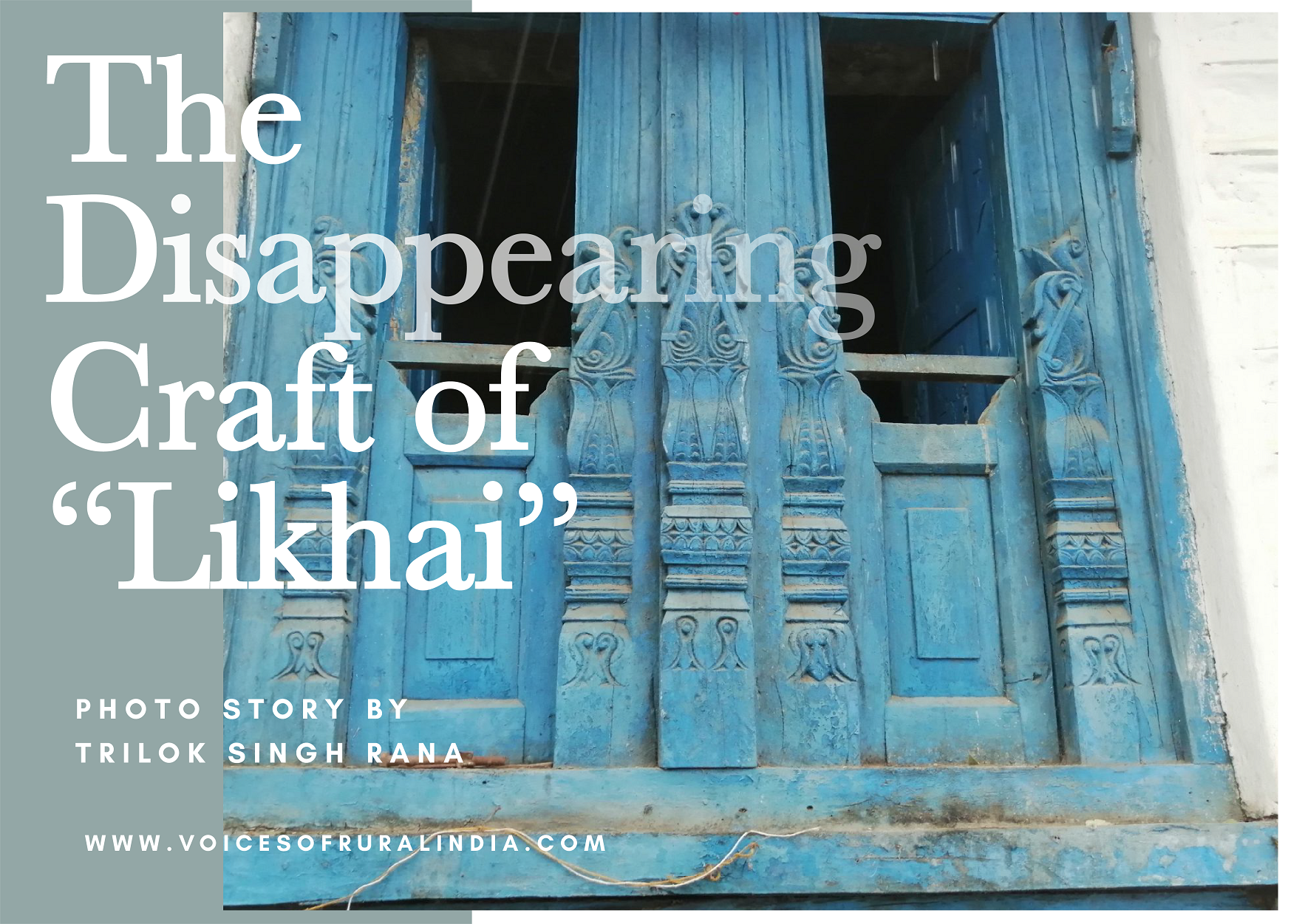
Hashim Tyabji, wildlife and tourism expert, and Co-founder of Kaafila Camp
17 April 2020
A blessing in disguise?
The most important lesson arising from the Covid-19 pandemic is that we must be prepared to imagine the unimaginable. There is some talk about future health crises; about the economic virus that is more virulent than novel Coronavirus, etc. But the fact is that we are already in the midst of the most far-reaching and life-threatening crisis of them all — Climate Change. My sense is that the cataclysmic scale and destructiveness of this pandemic is going to do more to focus people’s minds on the clear and present danger posed by the effects of climate change to our present way of life than all the well-publicised campaigns and international agreements. This heightened awareness is going to influence individual behaviour — and I believe that long-distance leisure travel will suffer long-term decline or stagnation.
Many insightful words have been written about the relevance and strength of local tourism; community based tourism; responsible tourism. So I won’t add to this except to say that I find many of these ideas persuasive.
Walk the talk
How should we prepare for the post pandemic/climate change-aware future? Since my experience has been with wildlife/wilderness tourism, I will focus on that area.
- Invest in your staff. The quality of experience of your guests is dependant almost wholly on the quality of your staff. We now have time to train them, to pick out the individuals with potential and help them realise that potential. Make sure that this recognition is matched by some kind of financial reward as well.
- Create financial reserves and tangible assets that can be leveraged to keep afloat in lean times. In our company, we try and keep a full season’s direct overheads in the banks with an additional reserve before taking any profits out of the company.
- Be sustainable and responsible. Carefully examine your hardware and all operations through the prism of carbon footprint, waste minimisation, water and energy efficiency, local recruitment, community involvement and benefit. Future travellers are going to have a sharpened eye for these issues. For responsible travel practitioners, this will not only be an intrinsic compulsion but also a market compulsion to strengthen your credibility and establish a loyal customer base.
- Seek clarity of identity. Think carefully about what exactly is your product. Are you a dedicated wildlife lodge/camp? Or a holiday resort with wildlife viewing as one of several activities? A wellness retreat? A weekend getaway? Once you are clear in your mind, focus completely on strengthening that identity. That will be your brand. In my experience, good business and operational decision making can only flow from clarity on this issue. Don’t get side-tracked by short-term marketing or business decisions, which only dilute your overall identity, and confuse and even demoralise your staff. Most importantly, a clear identity leads to long-term client loyalty as nothing else does. Because these are people who love what you have to offer and by and large are immune to the blandishments of price discounts etc, by the competition.
- Appropriate staff and systems. When taking decisions about staff recruitment, welfare and technologies that strengthen your brand, the wrong question is, “Can I afford this?” The correct question is, “Can I afford not to do this?”
Is it possible? Yes!
By way of illustration — we began building Forsyth’s Lodge, Satpura in 2008. As the financial crisis engulfed us, our construction budget shrank resulting in a much sparser lodge offering than envisaged. Additionally, Satpura was a completely unknown park without the draw of regular tiger sightings — the indispensable requirement for a successful Central Indian park. With tourism recovering slowly and the pressure of loans and salary bills, we were strongly advised to dilute our ‘jungle plan only’ offering and open the lodge to AP guests of all descriptions to tide over the tough times. We realised that once we did this, it would be difficult for us to walk back our identity to an exclusive wildlife lodge. Moreover, we knew that it would be hard to retain our picked and dedicated group of young naturalists, who were the heart and soul of the lodge and critical to the in depth wildlife experience that we offered. We had in fact recruited these naturalists at what were then unprecedented salaries because the question we asked ourselves was — if we want to offer a truly unique wildlife experience, can we afford NOT to recruit these people? Although we faced some tough times, we stuck to our guns and in the long run our strategy paid off and Forsyth’s established itself as one of the best ‘wildlife’ lodges in the country with a loyal client base.







.jpg)